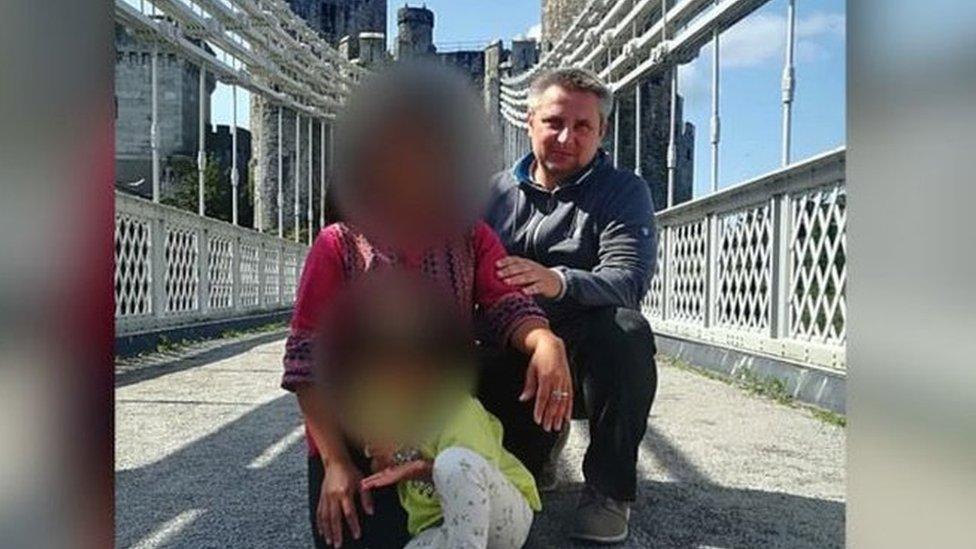Norwich deaths: Police urged not to adopt new 999 policy
- Published
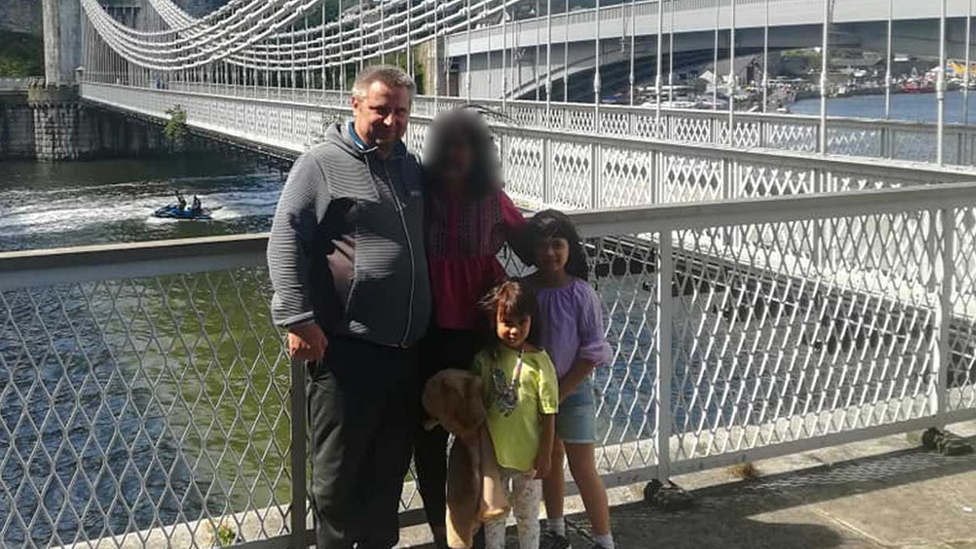
Bartlomiej Kuczynski (left), 45, Jasmin Kuczynska, 12, and nine-year-old Natasha Kuczynska were found dead by police officers in Costessey on Friday
A campaign group has warned more deaths could occur if police go ahead with a new policy of not responding to most 999 mental health calls.
It follows the deaths of two adults and two girls found at a house near Norwich on Friday.
The campaign group said there would be "consequences" if the Right Care, Right Person (RCRP) policy was adopted by Norfolk Police.
The government said implementation of RCRP should reflect local needs.
One of the four found dead in the house, Bartlomiej Kuczynski, 45, had dialled 999 at about 06:00 GMT expressing concern about his mental state, and was directed to NHS 111.
Kanticha Sukpengpanao, 36, Jasmin Kuczynska, 12 and Natasha Kuczynska, eight, were found with him at the house in Costessey an hour later after a dog-walker called police.
Post-mortem examinations showed all four died from stab wounds to the neck.
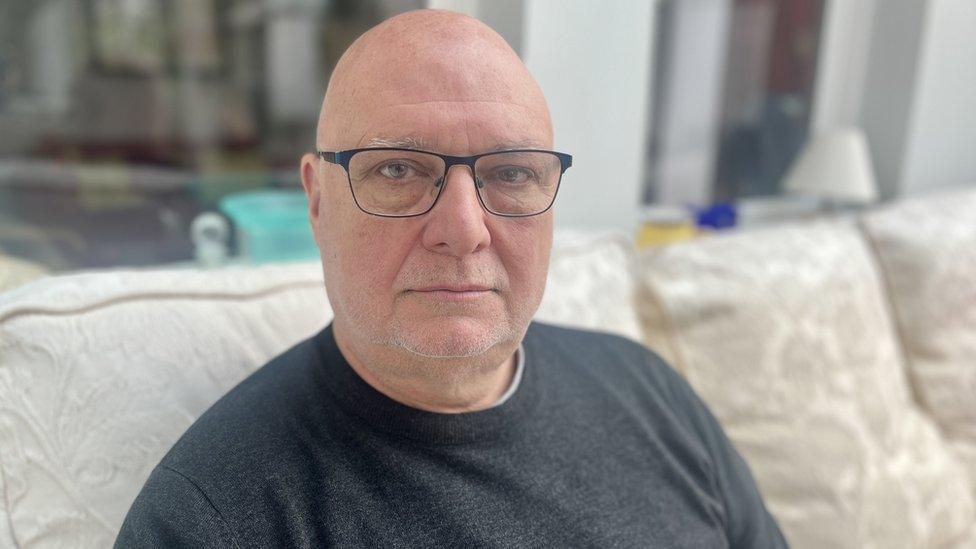
Mark Harrison of the Campaign to Save Mental Health in Norfolk and Suffolk said "people will die" as a result of RCRP
Mark Harrison, of the Campaign to Save Mental Health in Norfolk and Suffolk, said he previously wrote to Norfolk Police objecting, after it announced it would be implementing the RCRP policy, external from February.
Forces across the country have either adopted or are considering RCRP, saying mental health call-outs required huge resources, and that police officers were not qualified to deal with most mental health situations.
Mr Harrison said: "We think there will be severe consequences. We think people will die as a result of the introduction of this scheme - and it's not safe.
"It's not been piloted; it's not got any additional resources and it will be a disaster.
"I think immediately it needs to be paused, [then] it needs to be scrapped.
"We need resources at the frontline, in the community services, in the GP surgeries, we also need investment in beds."
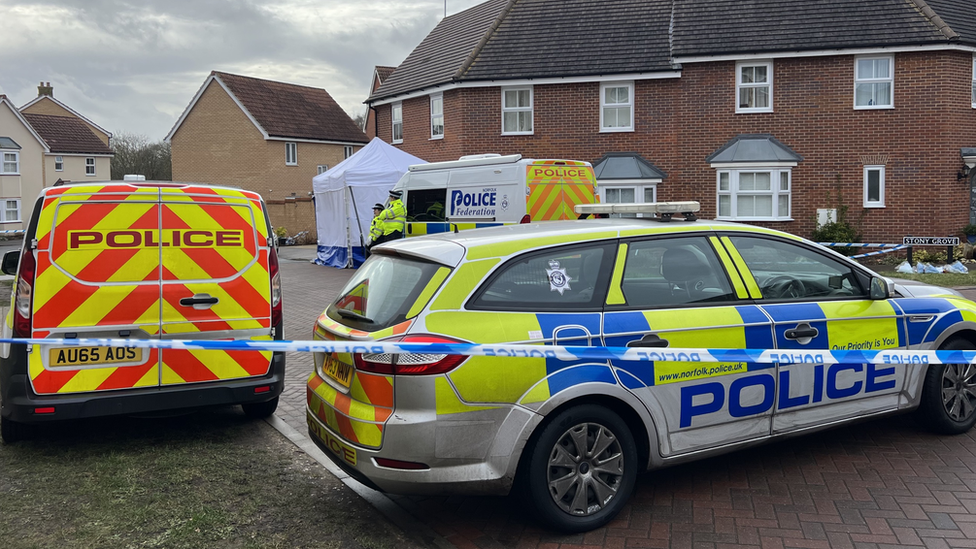
The IOPC said a man inside the house in Costessey had called 999 and said he was confused and worried about his mental state
On Tuesday, the NHS Norfolk and Waveney Integrated Care Board (ICB) said RCRP had been developed with health and social care partners "to ensure mental health, medical or social care issues are dealt with by someone with the right skills, training and experience". "It is really important to remember that police will continue to perform their statutory role of keeping people safe," it said.
It confirmed no extra funding had been made available as a result of RCRP.
It also said that if there was a perceived threat to life, or risk of serious harm, people could and should continue to call 999.
The Department of Health and Social Care said local implementation of the RCRP plans would "reflect the needs of local communities, as well as the capacity of local police and mental health services, and any additional resources required".
"We are investing an extra £2.3bn a year in NHS mental health services by March 2024," a department spokesperson added.
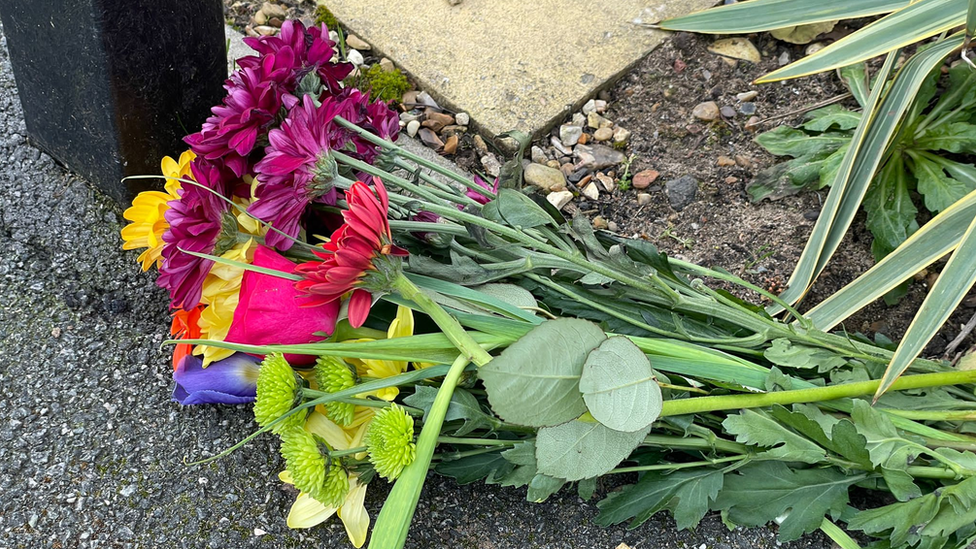
Flowers have been placed by the road sign for Allan Bedford Crescent
Norfolk Police has referred itself to the Independent Office for Police Conduct (IOPC), in connection with the Costessey case.
On Tuesday, the IOPC revealed a man called 999 from inside the property in Allan Bedford Crescent, on the Queen's Hills estate, and said he was confused and worried about his mental state.
Police forced their way into the house and found the bodies just over an hour later, following a call at 07:00 from a concerned dog-walker.
The IOPC said it would be examining whether the handling of the contact with the caller "was appropriate and in line with force policy, training and procedures".
Police said they were treating the deaths of Ms Sukpengpanao and the two girls as murder, but Mr Kuczynski's death as not suspicious.
The force was not seeking anyone else in connection with the deaths, detectives said.

Follow East of England news on Facebook, external, Instagram, external and X, external. Got a story? Email eastofenglandnews@bbc.co.uk, external or WhatsApp 0800 169 1830
Related topics
- Published24 January 2024
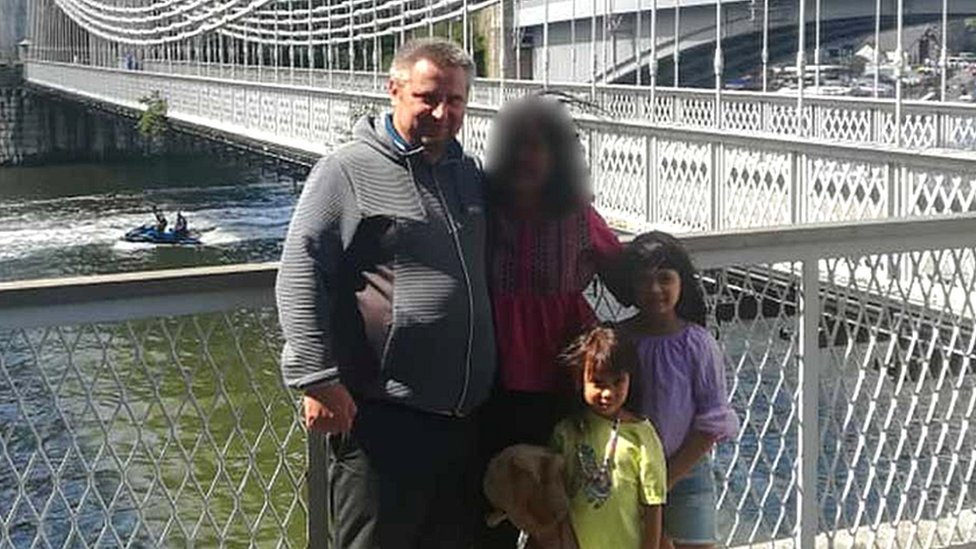
- Published23 January 2024

- Published31 January 2024
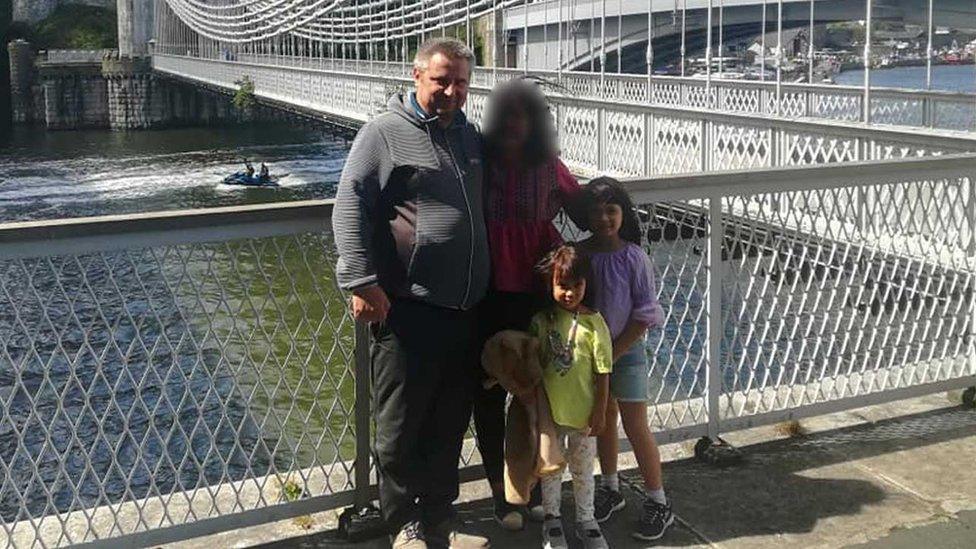
- Published22 January 2024
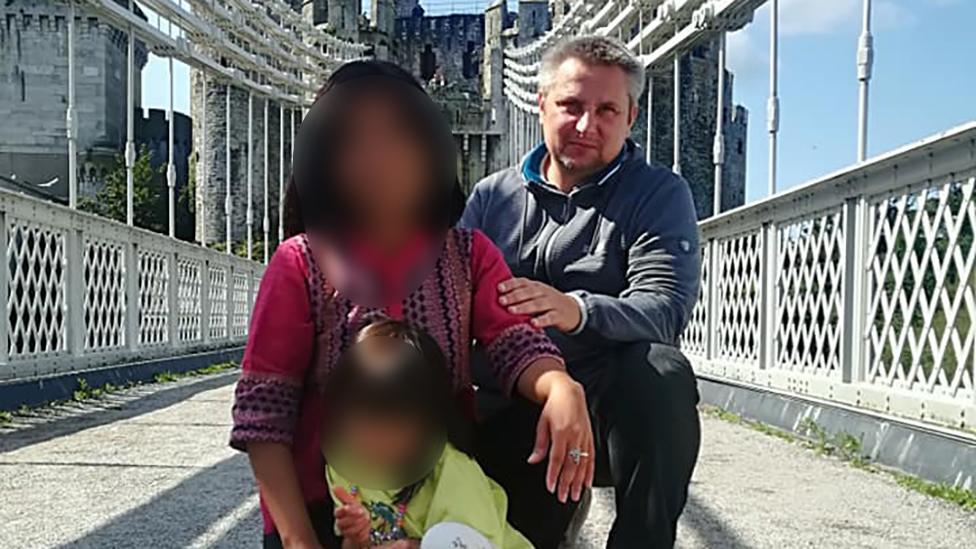
- Published21 January 2024

- Published21 January 2024
